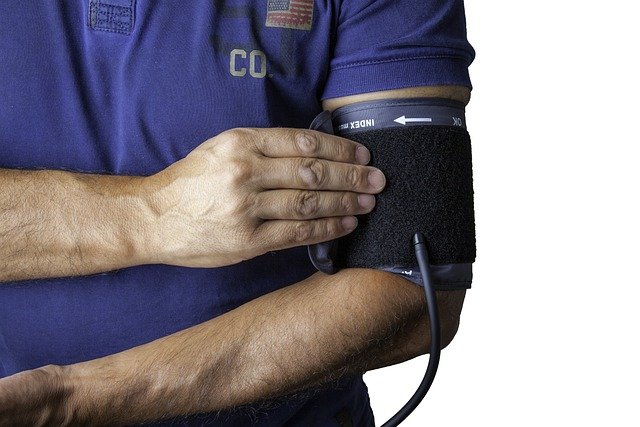A Look at HIV Testing Options and Confidential Services
HIV testing is an important step in maintaining sexual health and preventing transmission. Learn about the types of tests available, where confidential services are offered, how results are delivered, and what steps to take for follow-up care and support if needed.

What Types of HIV Tests Are Available?
HIV tests have evolved significantly over the years, offering more accurate and faster results. The main types of HIV tests currently available include:
-
Antibody Tests: These tests look for antibodies produced by the immune system in response to HIV infection. They can be conducted using blood, oral fluid, or urine samples.
-
Antigen/Antibody Tests: These combination tests detect both HIV antibodies and antigens (proteins that are part of the virus). They can identify HIV infection earlier than antibody-only tests.
-
Nucleic Acid Tests (NAT): These tests look for the actual virus in the blood and can detect HIV infection at its earliest stages, typically within 10 to 33 days after exposure.
Each type of test has its own window period, which is the time between potential exposure to HIV and when the test can accurately detect the infection.
How Do Rapid and Lab Tests Differ?
Rapid HIV tests and laboratory tests differ in several key aspects:
Rapid Tests:
-
Provide results within 20-30 minutes
-
Can be performed in various settings, including clinics, community centers, and at home
-
Often use blood from a finger prick or oral fluid
-
Typically detect antibodies only
Laboratory Tests:
-
Results usually available within a few days to a week
-
Conducted in clinical laboratories
-
Use blood drawn from a vein
-
Can detect antibodies, antigens, or the virus itself (NAT)
-
Generally more accurate and can detect HIV earlier than rapid tests
While rapid tests offer convenience and quick results, laboratory tests are often used to confirm positive rapid test results and provide more detailed information about the infection.
Where Can I Access Confidential HIV Testing?
Confidential HIV testing is widely available through various channels:
-
Healthcare Provider Offices: Primary care physicians can order HIV tests as part of routine health screenings.
-
Public Health Clinics: Many local health departments offer free or low-cost HIV testing services.
-
Community Health Centers: These facilities often provide HIV testing along with other health services.
-
HIV/AIDS Service Organizations: Specialized organizations frequently offer testing, counseling, and support services.
-
Planned Parenthood: Many Planned Parenthood locations provide HIV testing services.
-
Mobile Testing Units: Some communities have mobile clinics that offer HIV testing in various locations.
-
At-Home Testing Kits: FDA-approved home test kits are available for purchase online or at pharmacies.
When seeking HIV testing, it’s important to choose a provider or service that ensures confidentiality and offers support and counseling.
How Do I Understand My Test Results and What Are the Next Steps?
Understanding HIV test results is crucial for taking appropriate next steps:
Negative Result:
-
Indicates that no HIV antibodies or antigens were detected
-
May require retesting if within the window period of potential exposure
-
Encourages continued safe practices to prevent HIV infection
Positive Result:
-
Indicates the presence of HIV antibodies or antigens
-
Requires confirmatory testing to ensure accuracy
-
Leads to referral for HIV care and treatment
Indeterminate or Inconclusive Result:
-
May occur due to various factors, including recent infection or autoimmune disorders
-
Requires retesting, usually with a different type of HIV test
Next steps after receiving results:
-
For negative results: Continue practicing safe behaviors and consider regular testing if at risk.
-
For positive results:
-
Seek immediate medical care for further evaluation and treatment options
-
Learn about antiretroviral therapy (ART) to manage the infection
-
Explore support services and counseling options
-
Inform sexual partners and encourage them to get tested
-
-
For indeterminate results: Follow up with healthcare providers for additional testing and guidance.
HIV testing is a vital tool in managing personal health and preventing the spread of the virus. With various testing options available and confidential services accessible in multiple settings, individuals can take proactive steps towards knowing their HIV status and accessing appropriate care if needed.
This article is for informational purposes only and should not be considered medical advice. Please consult a qualified healthcare professional for personalized guidance and treatment.




